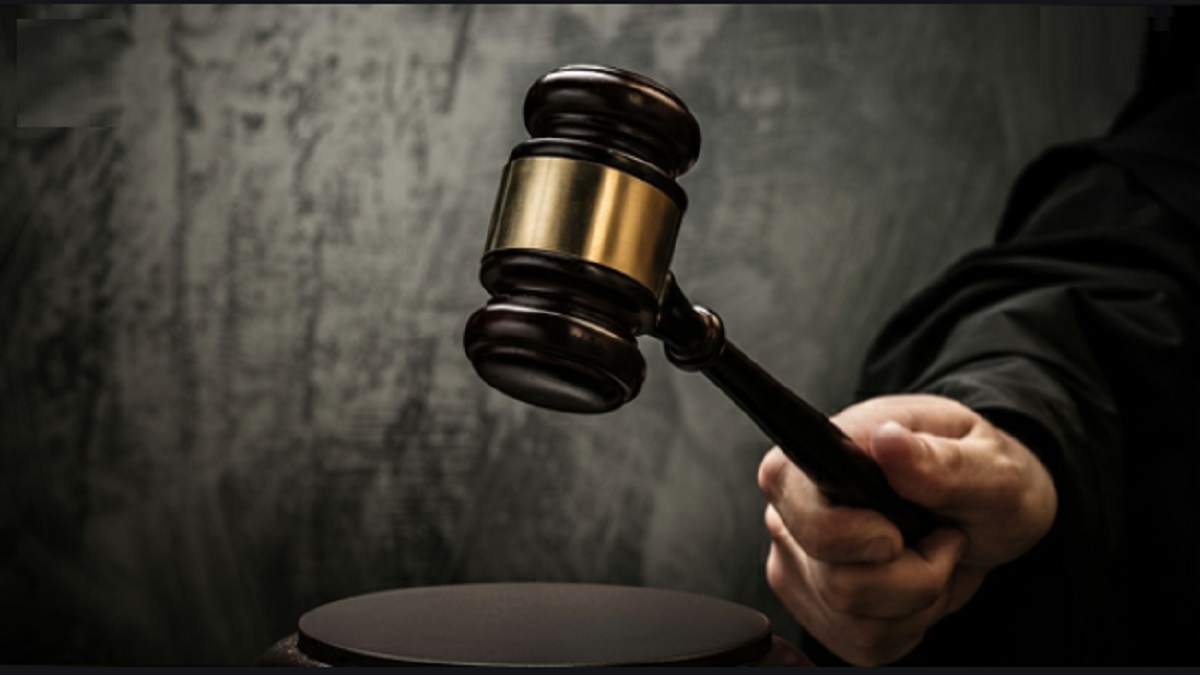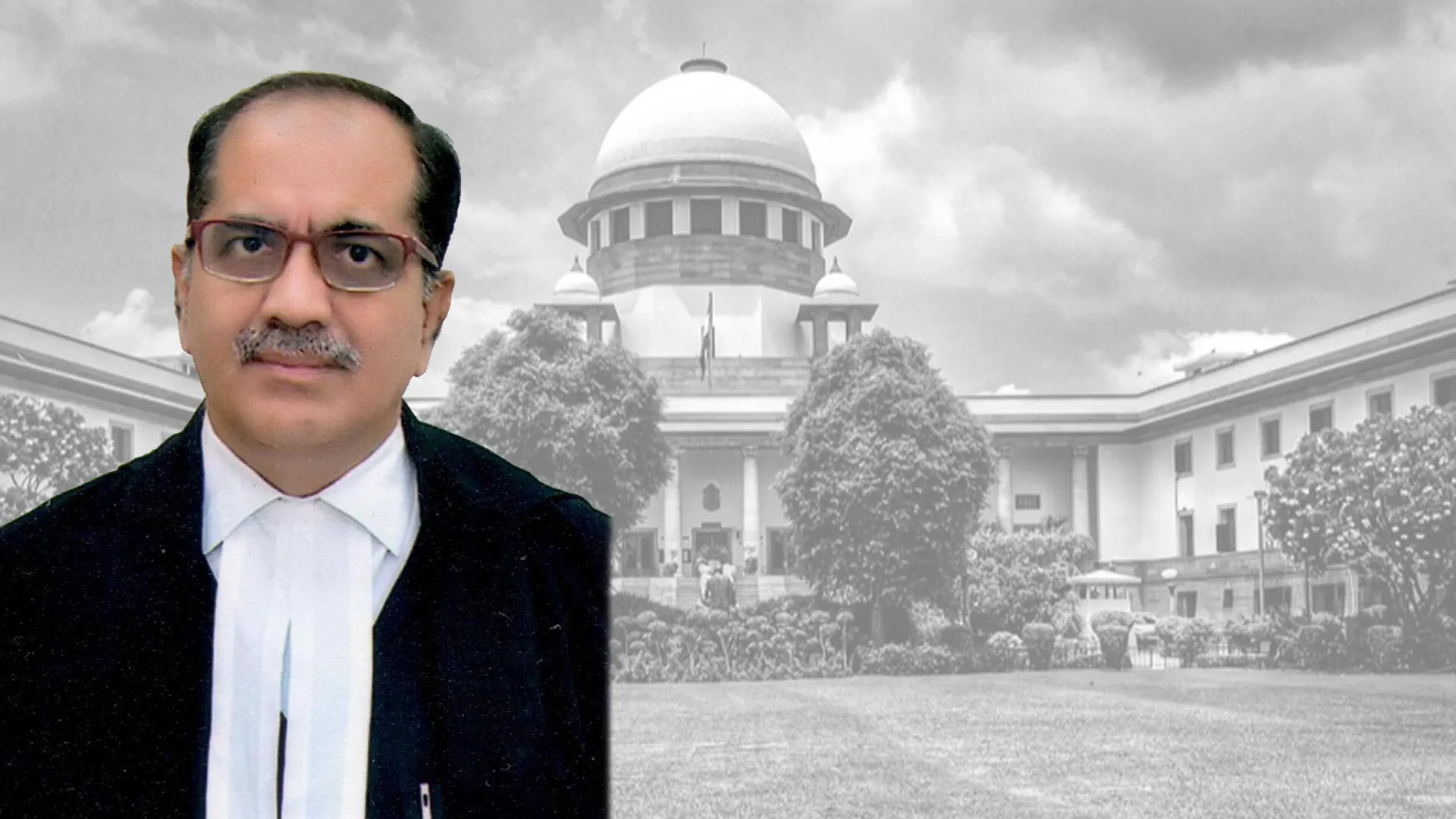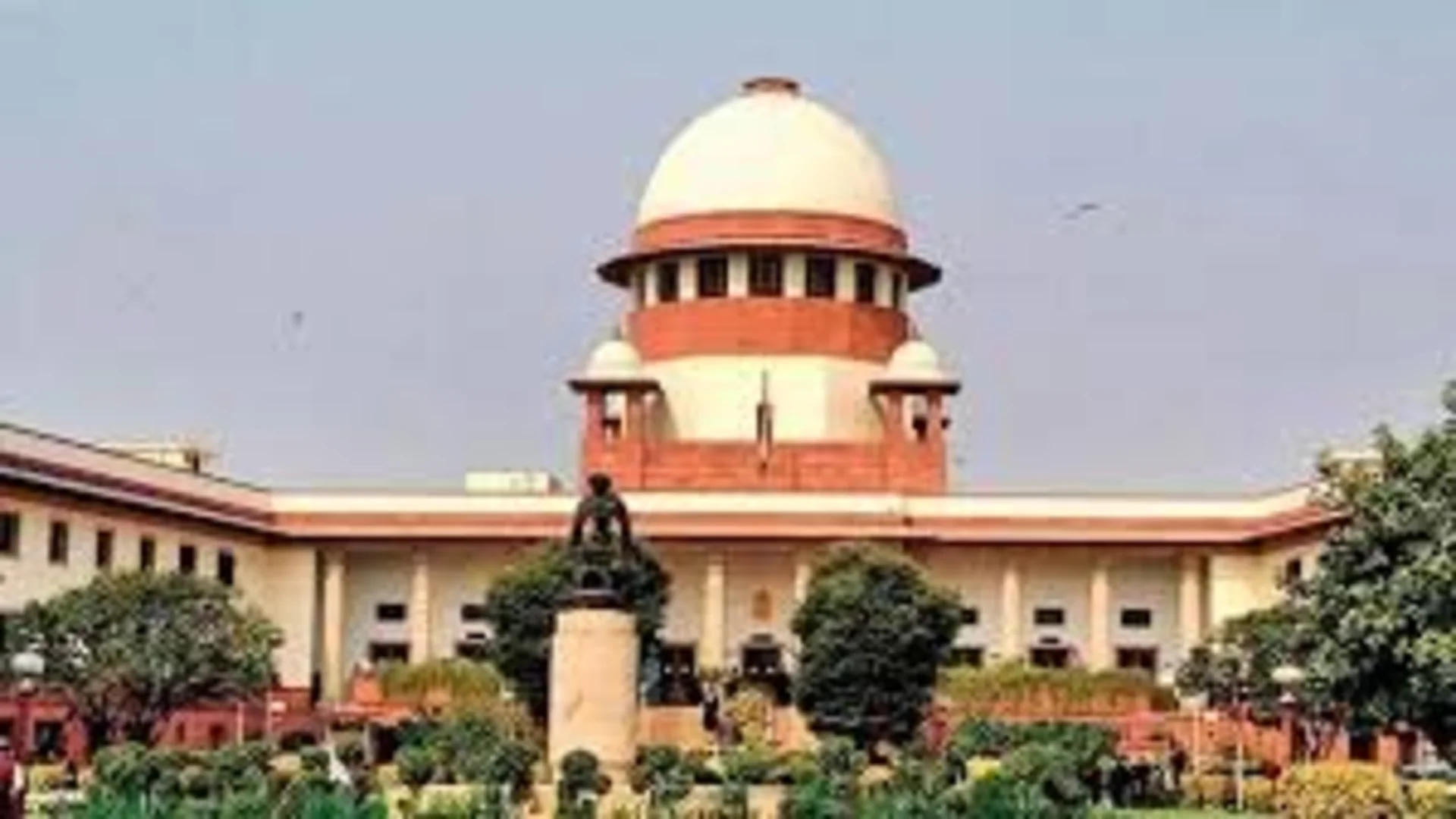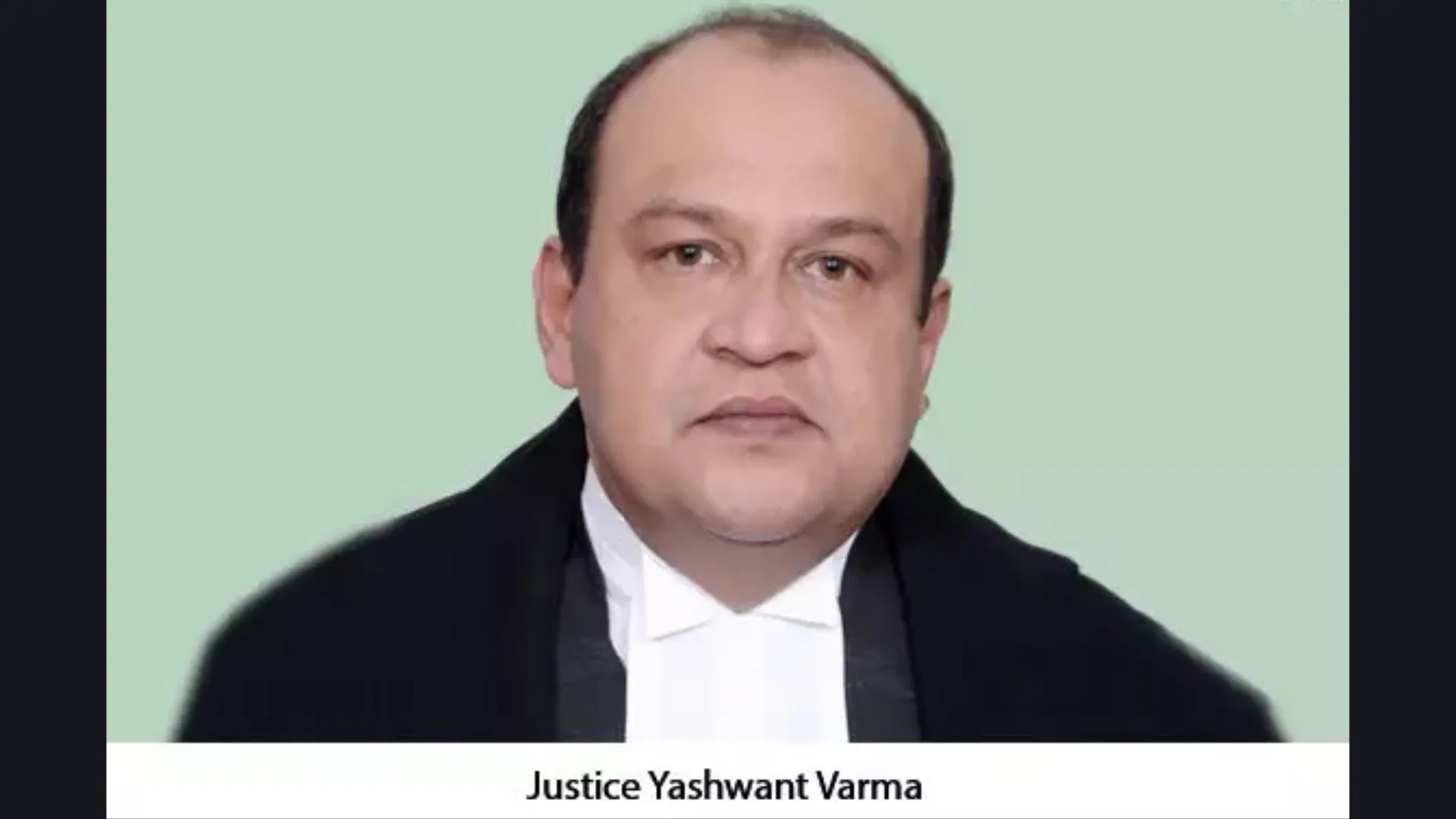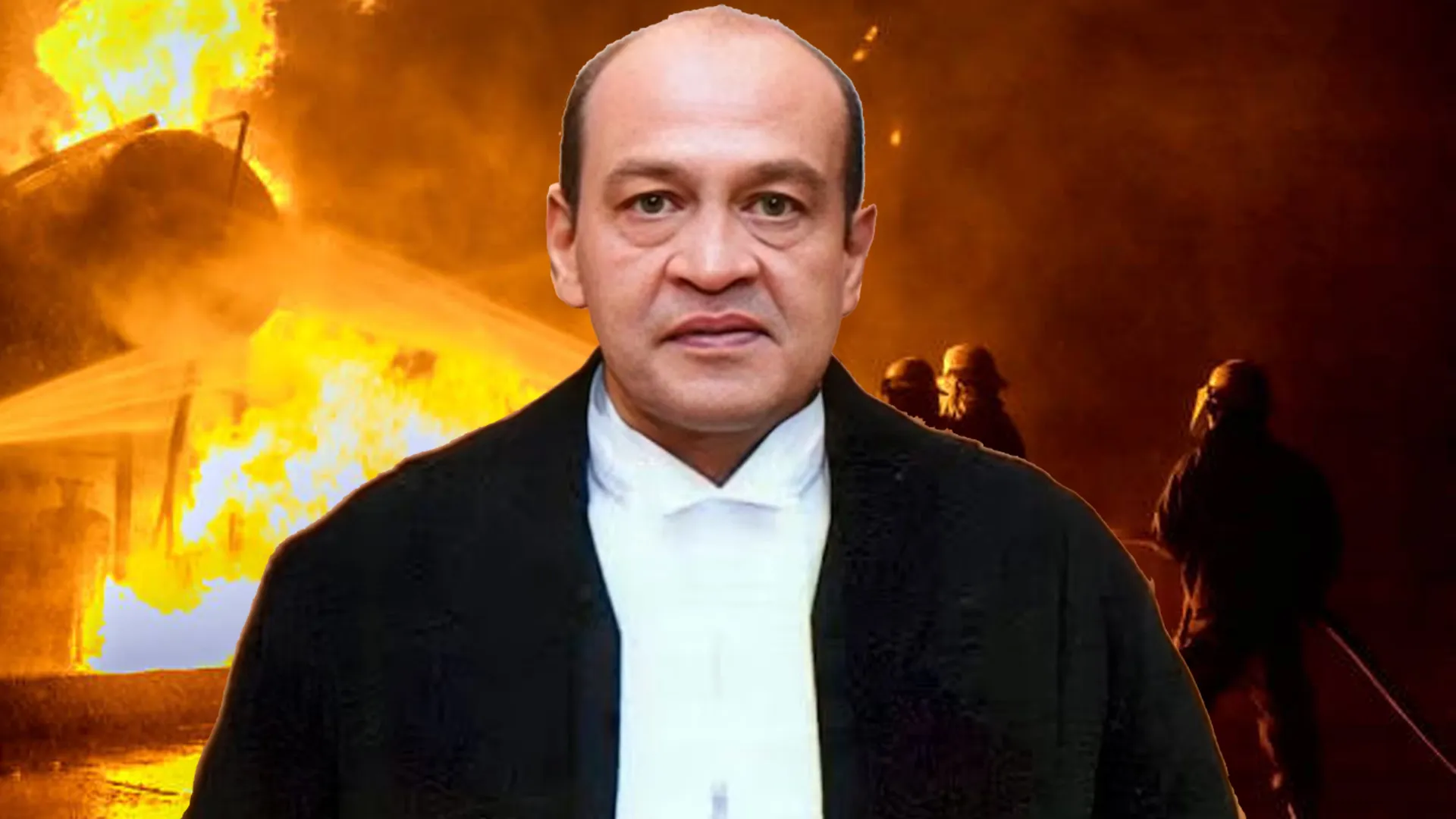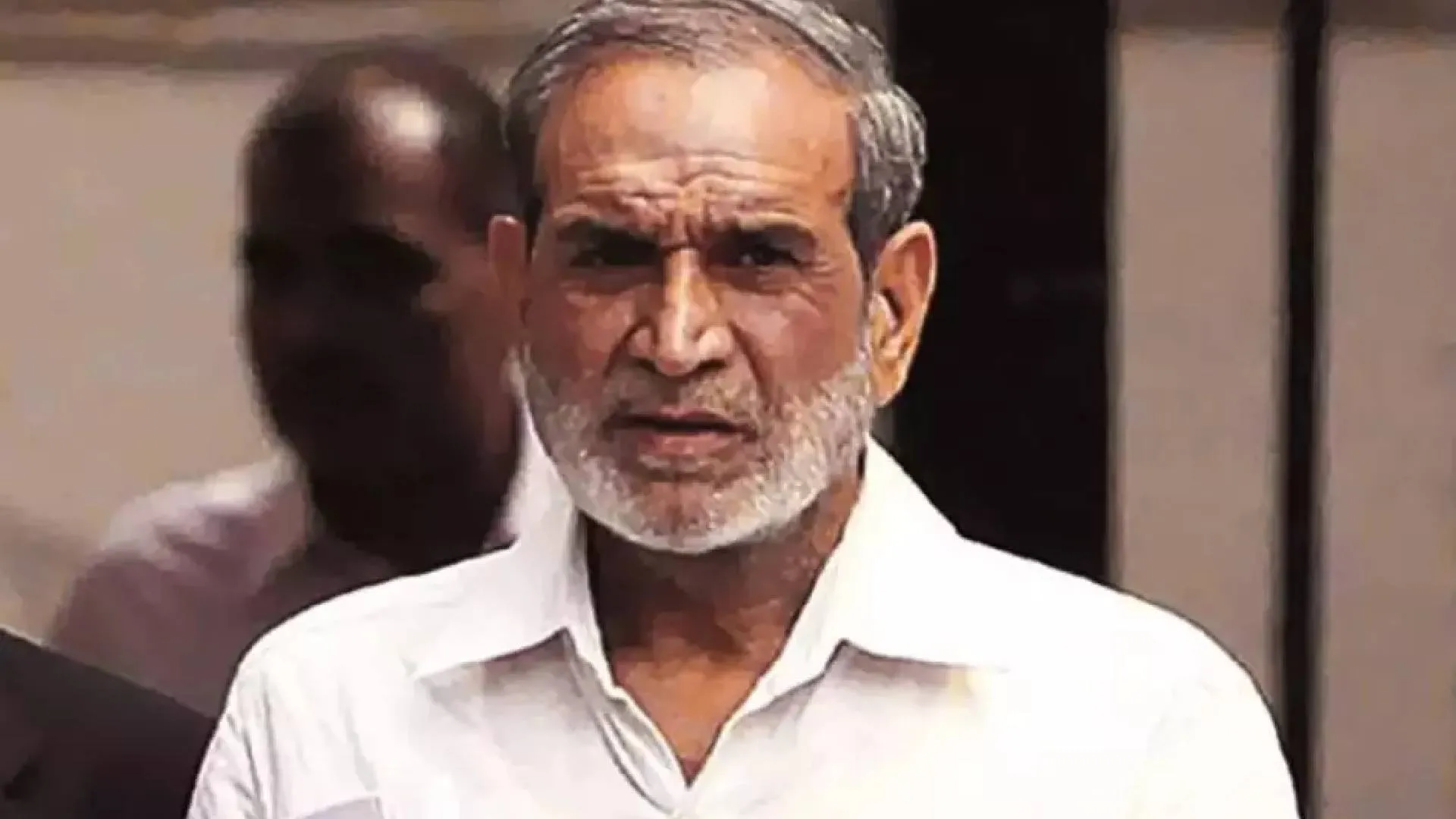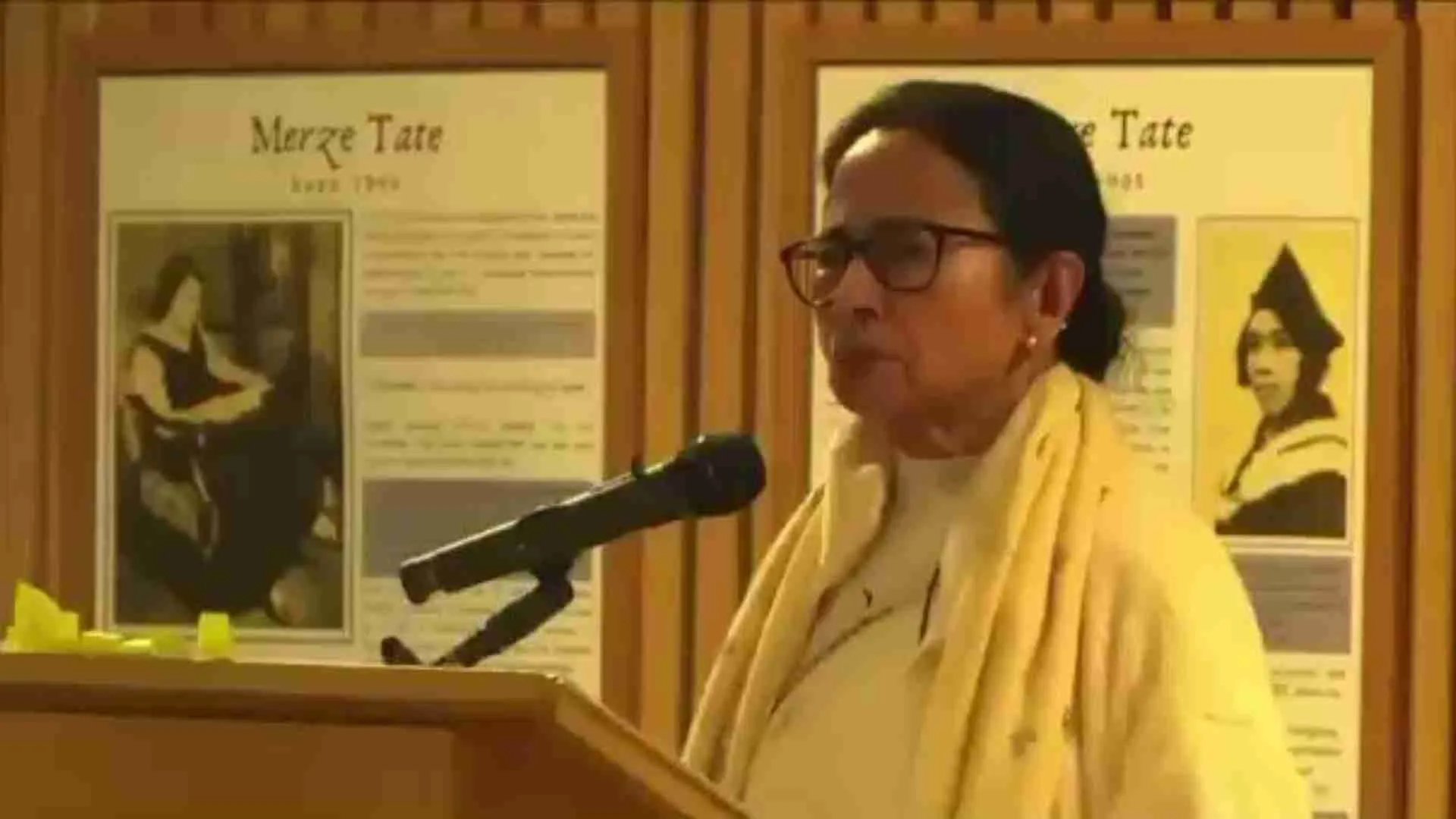On Tuesday, the Supreme Court Constitution Bench in the case Janhit Abhiyan v. Union Of India with 32 connected matters observed and took up the cases challenging the constitutional validity of reservation for Economically Weaker Sections.
In the last hearing, the 5-judge bench comprising Chief Justice of India UU Lalit, Justice Dinesh Maheshwari, Justice S Ravindra Bhat, Justice Bela M Trivedi and the Justice JB Pardiwala observed and had decided to list the matter for today (September 6) to set the time line for hearing and completion of other pre-hearing steps. It had been stated by the bench that the hearing in the matters will commence from September 13.
What happened In Court?
At the Outset, the bench led by CJI had made it clear that the court would hear any State which wished to advance submissions in the matter and enquired how much time would each party take to make the submissions.
After discussing the time required by the counsels, the bench led by CJI stated that What we propose to do is, the questions which get thrown up, extra time be given to either side, so effectively 5 working days. 3 working days in first week and 2 working days in the second week. The matter is to be begin next Tuesday. One request, please don’t repeat submissions.
Tushar Mehta, Solicitor General of India stated that two days may be less for each side. It was orally remarked by the CJI that the exercise would be done keeping in mind normal accounting principles and the court will go accordingly hear the matter.
In the present matter after further discussion of the time required and the issues that were to be taken into consideration, CJI Lalit narrated the order as follows:
The issue suggested by Mr. Gopal Sankaranarayanan have been placed for consideration. However, these draft issues may be circulated to all counsels appearing in the matter and after consulting all the counsels, the crystallised version of issues be placed before the Court on Thursday. Mr. Kanu Agarawal and Mr. Shadan Farasat appointed as nodal counsels in the matter, have given us time required. According to them, for the matter a period of 18 hrs will be required. Mr. Maninder Singh and Mr. Jethmalani appearing for the State of Madhya Pradesh and State of Assam respectively submit that intervention applications have been referred and states will be desirous of advancing submissions. The nodal counsels may consider accommodating States. An adequate opportunity will be provided to the state to be heard and before we begin the hearing in the main matter, we will list this matter again for directions so that hearing is conducted smoothly.
Accordingly, on Thursday the matter was listed for directions.
Background Of The Case:
The Validity of Constitution (103rd) Amendment Act 2019 was challenged in the petition.
The Economic reservation in education and jobs was proposed to be provided by inserting clause (6) in Articles 15 and 16 of the Constitution through the amendment passed by the Parliament in January 2019. The newly inserted Article 15(6) of the Constitution enables the State to make special provisions for advancement of any economically weaker section of citizens, including reservations in educational institutions. Thus, it is stated that such reservations can be made in any educational institution, including private institutions, whether aided or unaided, except minority educational institutions covered under Article 30(1). Further, it states that the upper limit of the reservation will be ten percent, which will be in addition to the existing reservations. After the President notified the amendment, a batch of petitions were filed in the SC challenging the constitutional validity of economic reservation.
The -judge bench comprising the then CJI SA Bobde, Justice R Subhash Reddy and Justice BR Gavai on August 5, 2020 observed and has referred the matters to the Constitution Bench. Some of the referred issues include whether the ceiling limit of 50% for reservation can be breached in special circumstances and whether affirmative action can be provided on the sole criteria of economic status.

